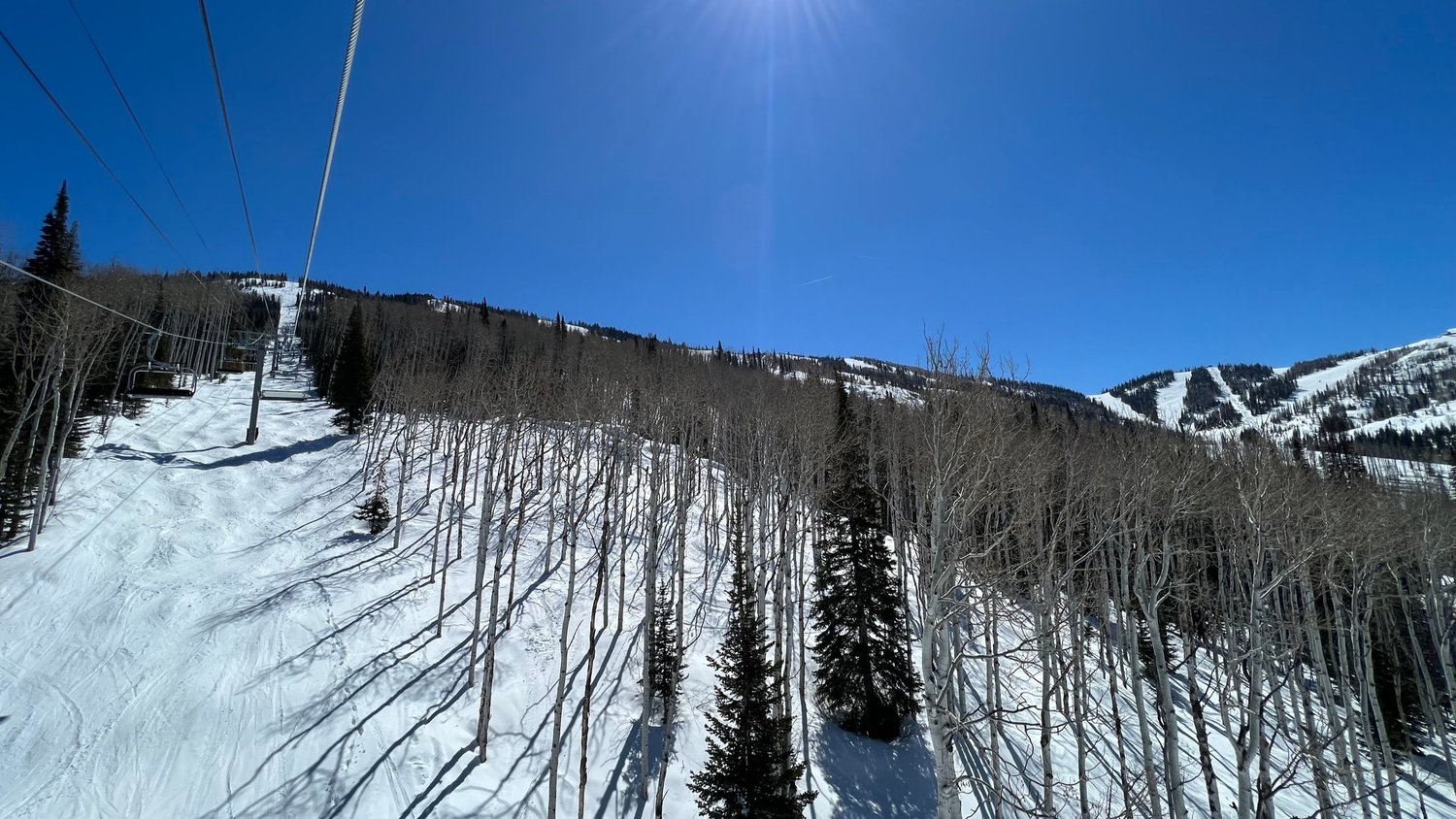Thoughts on WSJ’s Alarmist Article on the State of Vail Resorts
Updated:
October 13, 2024
Background
This morning, the Wall Street Journal put out an article about the state of Vail Resorts’ business and how it may be overvalued (the article isherebut behind a paywall). Essentially, the piece posits that the stock price’s recent recovery could be driven by excessive optimism towards a successful season. The piece argues that investors attracted to skiing’s seemingly safe, outdoor nature may be oblivious to a number of COVID-centric logistical problems, such as travel and lodging concerns, that make it quite unlikely that the company’s resorts will see normal revenue next winter.
Our Take
Looks like the Wall Street Journal team is concerned that investors aren’t pricing in the chance of a reduced or cancelled season for next winter. We agree it’s highly unlikely that resorts will generate the same revenue as in a normal season, as social distancing guidelines will force capped visitors at many areas and travel/lodging restrictions will make it difficult for skiers and snowboarders to book risk-free trips. In addition, the gloomy economic situation around the country will likely lead to less disposable income available for trips like these.
However, Vail has provided itself with somewhat of a safety cushion with its Epic Pass protection policies. TheEpic Coverageprogram included with these passes does not contain protections for passholders in the event of travel restrictions unless resorts themselves are forced to close. Closures must occur for more than 3 days for passes with “specific date” protections and 7 days for passes with “all season” protections for any kind of refund to kick in. And for season passholders who choose the “all resorts” insurance option, all of Vail’s resorts in Colorado, Utah, Lake Tahoe, and British Columbiamust be closed simultaneouslyfor a refund to be in order. We expect Epic to retain a substantial amount of revenue from purchasers who can’t use their passes this season and won’t be eligible for refunds.
We wouldn’t be surprised if some angry customers permanently turn their backs on Vail after finding out they won’t be eligible for refunds next winter. However, many of the mountains Vail owns, especially in the Midwest, have no viable alternatives, meaning that disgruntled customers may feel they’re forced to stick with Vail despite their perceived transgression.
Ultimately, we’re not economists and can’t predict why Vail is valued the way it is at this point. The truth is that nobody really knows what’s going to happen with the upcoming ski season. But in sharing what we know about Vail’s market share and pass policies, we hope to shed some additional light on how those purchasing the stock could be thinking.
Recent Articles

Salt Lake City Has Been Selected for the 2034 Olympics. Here Are the Ski Resort Upgrades to Expect.
Salt Lake City is set to host the Winter Olympics for the second time in the 21st century. We cover the likely host mountains and capital investments to expect over the next decade.
Analysis
News
Deal
Announcement
Video
Investigative Journalism
August 28, 2024
Utah
Park City
Deer Valley
Snowbasin
Olympics

Ikon Pass Adds Sierra-at-Tahoe for 2024-25 Season
Sierra-at-Tahoe will become the second Tahoe destination—and the first on the south side of the lake—to join the Ikon Pass starting this winter.
Analysis
News
Deal
Announcement
Video
Investigative Journalism
August 27, 2024
West Coast
Lake Tahoe
Ikon Pass
California
Cali Pass
No results found...





